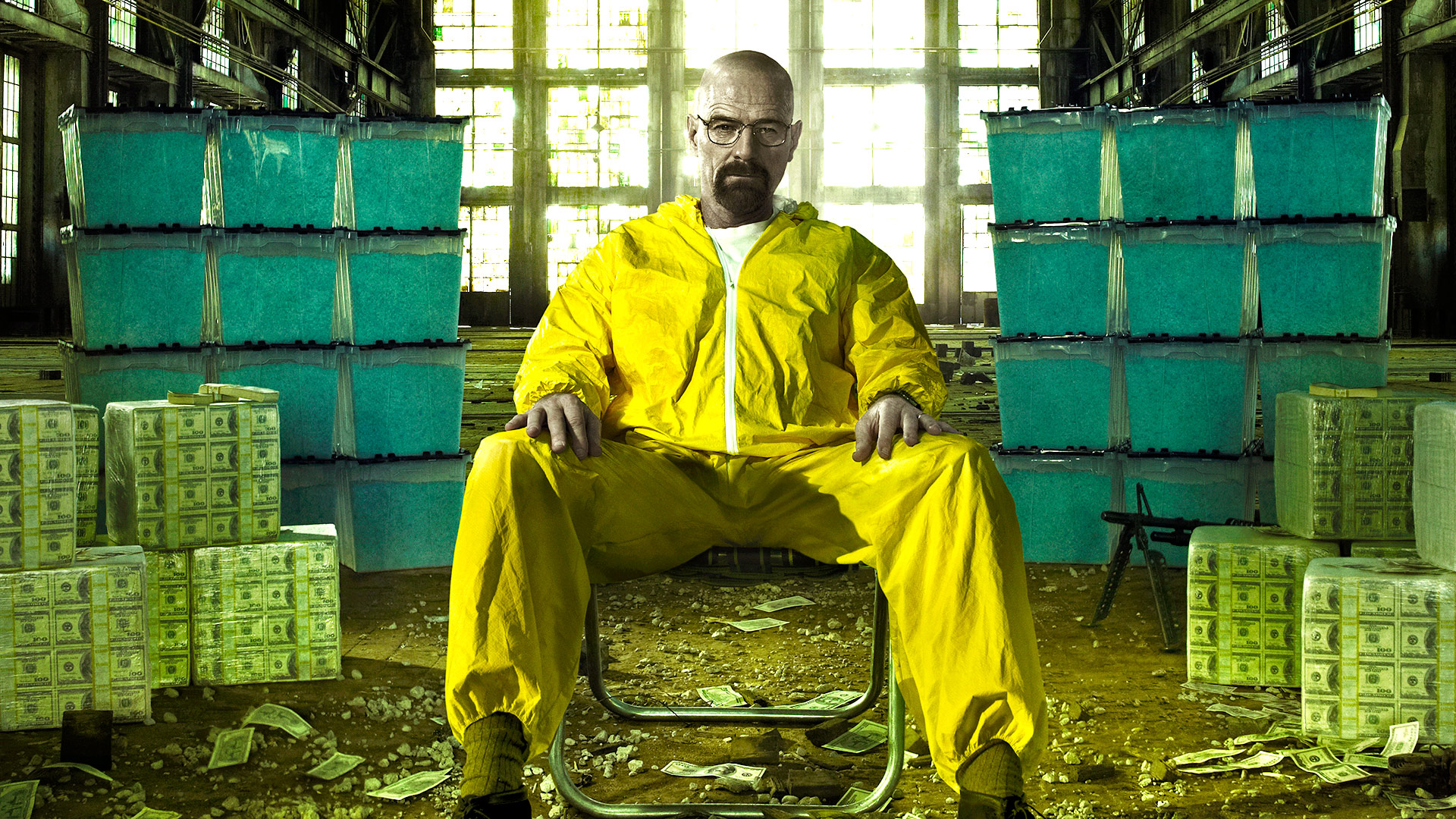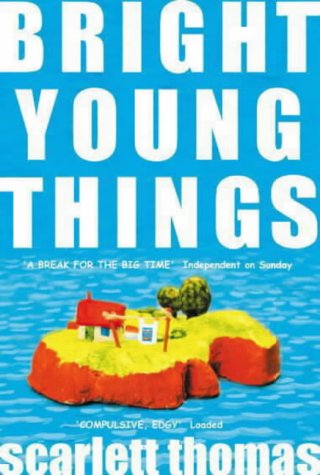In the opening post for this new column, I mentioned a list of goals, scribbled on a receipt in Costa. While The Great Epiphany helped to clear a lot of the negativity from my outlook it did not, in itself, provide me with any concrete plans for achieving the things on that list. There are two vying for dominance at the moment, losing the weight I have gained as a result of my bipolar, and the MEDs I now take to treat it, and the desperate need to move out of my mother’s house (much as I appreciate her taking me in) and regain my independence.

The latter is something that now comes down to my financial situation, which is a work in (very slow) progress. The former however was something that I started working on the very same day I had The Great Epiphany. That was almost two months ago. On that day, I weighed 20 stone and 8 pounds (288lbs), the heaviest I have ever been in my life. Since then, I have successfully lost fifteen pounds, just over a stone. Of the eleven stone I had to lose, I’m one down.
That, in itself, already feels like an achievement, however it is tainted by the fact that I know I have managed to do this before—one of my recurring patterns is losing a stone or two in weight when I am feeling well, then regaining it, plus a little extra, the next time I have a bout of depression. For some reason however, it feels different this time, and I believe this to be a direct result of The Great Epiphany.
In essence, what TGE made me see was that it was okay if I didn’t drop ten stone in a month or two. While this may seem an obvious point, for me it isn’t something that comes naturally. I have always had an unhealthy relationship with food, having suffered from bulimia throughout my teens and early twenties, and retained the binge-eating habits that went with that even though I have ‘recovered’. I use inverted commas there because a person never truly recovers from an eating disorder; they learn to manage it, but the patterns are always within them and can, at any point, return. I’ve had several relapses since, and I certainly retain the tendency to binge terribly when I’m upset or stressed. As a result, I am accustomed to yo-yo dieting, rapidly losing or gaining large amounts of weight. At one point I lost five stone in less than six weeks. As a result, it’s difficult for me to accept the notion of slow weight loss, especially when I have so much weight to lose.
In recent years, as my bipolar cycles have flipped from being predominantly manic to being predominantly depressive, my weight has steadily gone up. While I continue to have spurts of rapid weight loss while manic, the amount I lose has grown steadily less, is never permanent, and I struggle to prevent additional weight going on when I flip back the other way. Due to my MEDs, my periods of mania are now getting fewer and further between, and my capacity to lose weight the rest of the time is virtually nonexistent.
I take high doses of Depakote and Quitiapine, the former being a mood stabaliser, the latter an anti-psychotic. The result is that my metabolism is through the floor, and even sticking to 1200 calories a day, and exercising, I struggle to lose more than a couple of ounces a week. This, for me, is far too little reward for the amount of energy and effort it takes. It leaves me too disheartened to stick to it. In addition, it is simply not enough to compensate for the times when I’m too depressed to maintain my diet, and the weight keeps piling on.
 TGE forced me to look at the long game, rather than the short term. I am a very impatient person, and often give up on things if they do not immediately go my way. I had already been discussing my weight issues at length with my doctor by the time of TGE. At my request, they had put me on a weight loss medication named Xenical. You may have seen this advertised as Alli, at the extortionate price of around £40 for a four week supply. It is the same thing, a blue capsule taken with each meal, three times a day, that absorbs roughly 1/3 of the fat you ingest. In theory, if you lose two pounds on your own, you will lose an extra pound if taking Xenical. Should you consider going onto this medication, I strongly urge you to do it through your GP. Firstly, because they will monitor you properly and give you extra advice about a diet and exercise plan that is right for you, individually, secondly because, as long as you actually are over weight, they will give it to you on monitored prescription. This means a month supply for £7.85, rather than £40. If, like me, you get a pre-paid prescription card, it is even less.
TGE forced me to look at the long game, rather than the short term. I am a very impatient person, and often give up on things if they do not immediately go my way. I had already been discussing my weight issues at length with my doctor by the time of TGE. At my request, they had put me on a weight loss medication named Xenical. You may have seen this advertised as Alli, at the extortionate price of around £40 for a four week supply. It is the same thing, a blue capsule taken with each meal, three times a day, that absorbs roughly 1/3 of the fat you ingest. In theory, if you lose two pounds on your own, you will lose an extra pound if taking Xenical. Should you consider going onto this medication, I strongly urge you to do it through your GP. Firstly, because they will monitor you properly and give you extra advice about a diet and exercise plan that is right for you, individually, secondly because, as long as you actually are over weight, they will give it to you on monitored prescription. This means a month supply for £7.85, rather than £40. If, like me, you get a pre-paid prescription card, it is even less.
I’ll discuss the benefits and downsides of this medication in a later post, but for now suffice to say that this is not a magic bullet. It is not a wonderful fat melting pill that allows you to eat whatever you want and still lose weight. It requires a strict, low fat, calorie controlled diet, comprising a lot of fruit and vegetables, and plenty of exercise. In short, you still have to stick to a diet as difficult as any other in order for it to work.
This small fact is the reason why many people say it doesn’t work; they don’t stick to a diet while taking it, and blame their failure to lose weight on the medication which clearly ‘doesn’t work’, and complain about the side effects which are quite unpleasant if you’re taking this and NOT sticking to an appropriate diet.
I fell victim to this myself when I first started out on it. I stuck to the diet, I took the pills, and after a fortnight I’d lost half a stone, far more than I’d have managed on my own. I was elated. Then the inevitable happened: I hit a dip. Those seven pounds went back on, and brought an additional two friends along with them. Because I was still taking the new MEDs but no longer sticking to the diet, I experience extreme side effects and had to stop taking them. I was so demoralised I gave up on both the pills and the diet I had been sticking to fairly well before I started the pills. They had, it seemed, done more damage than good.
A couple of weeks later, feeling slightly better, I started again. Again I lost about half a stone and again it went back on again. Round and round I went, until TGE made me stop and reconsider the problem.
I was barely losing weight on my own, however with the aid of the tablets I was able to lose quite well, as long as I stuck to the diet. The issue seemed to be that my mood was only good enough to allow me to stick to the diet for a couple of weeks at a time, while the depression in between ‘good’ phases was long enough to pile on more than the weight I had lost. My weight was still going up, yet even I could acknowledge that it was only going up by a few pounds, every few months, where before it had been going up by a stone or more every few months.
If nothing else, my efforts were preventing my weight spiraling even further out of control.
Encouraged by this thought, I once again started taking the tablets and sticking to the diet. I bought a new notebook and started recording everything I ate and drank, both on My Fitness Pal, and in the notebook. I made notes on how I felt each day. I did as much exercise as I could manage, and I concentrated, initially, on just managing to stick to the diet for three weeks. In the past, I’d never managed more than two weeks at a time. Three weeks, I thought, and I’ll have lost more than half a stone.
Three weeks passed, and I was nine pounds down. Pleased with myself, I managed another week before my mood dipped and I hit a bad spell. The carb cravings hit and I was back to eating cake and crisps and huge portions of pasta. However, I continued to track what I was eating, despite it being beyond my diet, and I found that the period I was binging for didn’t last nearly as long, and by the end of it I had only regained two pounds. Overall I had still lost half a stone.

This had never happened before.
Something which TGE helped me to understand is this: I am going to have good weeks and bad weeks. There will be days when I step on the scales and I’ve lost, and days when I step on and have gained. Whichever way it goes, it doesn’t really matter, the important thing is that I keep trying to manage my weight and to improve my health and fitness. I watch as the number of pounds I have lost slowly but surely increases, and I find myself reassured in the knowledge that, the next time I have a blip, it’s unlikely any weight gain will exceed that which I’ve now managed to lose. The more I lose, the more this thought solidifies, to the point that I now feel comfortable enough to disclose my journey so far, and state that I feel reasonably confident in my ability to continue to lose the weight, albeit at a much slower pace than I would ideally like.Three weeks have passed since I got myself back on track. I’ve lost another eight pounds and have continued with my routine of My Fitness Pal, journal, pills and note taking. I’m trying to pay as much attention to what I eat as I can, and get myself into the habit of eating as healthily as possible.
I am no longer expecting to lose each and every week; I have accepted that there will be times when I don’t, and times when I gain, depending on the cycle of my moods and other far more normal concerns like holidays and meals out. The difference now is that I have myself in a place where, when I hit a blip, I can simply acknowledge it as a blip and move on. It doesn’t become a complete failure. It doesn’t push me further into a depressive state and make me think I’ll never succeed so there’s no point in trying. It doesn’t actually make the situation worse.
Setting myself a more manageable goal—sticking to my diet for three weeks—proved to be very successful. The thought of losing only two pounds a week is incredibly demoralising for me, as that means it would take a year and a half to lose the weight I need to shift. The fact that it’s unlikely I’d lose two pounds every week means it would take even longer. Realistically, it’s likely to take two years to lose the weight I want to drop. That feels like a very long time. It seems impossible that I would be able to stick to a diet for that long. However, sticking to it for three weeks is manageable. The thought doesn’t terrify me, and ultimately I managed four, a whole week extra.
Similarly, the thought of losing eleven stone was completely overwhelming. However, having lost one, I can see that this—losing one stone—is an achievable goal. I am no longer focusing on how many I have left to lose, but simply on losing one more. I can do that, I know I can, because I already did.
On July 11th this year, I was 288lbs. I am now 273.4.
 Stick to the diet for one week longer than you managed last time.
Stick to the diet for one week longer than you managed last time.
Walk with Dexter (my dog) for an extra ten minutes each day.
Lose one stone.
These are manageable goals that I have set myself, and achieved, with relative ease. All of them contribute to my overall goal, but none of them are overwhelming, none crippling in the fear they produce.
One stone down … One more to go.

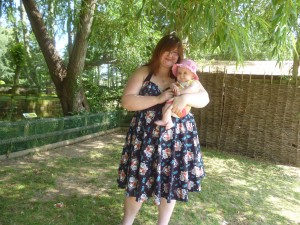
 It was not long after my successful birthday trip to the zoo. I was sitting in WHSmiths in Chester, at a table in Costa overlooking the street below. I love Chester. It’s a beautiful city, not to mention one of my favourite shopping destinations. I was idly reading a book, but mostly looking out of the window and watching the passage of life beneath the window. People watching is a hobby of mine. I try to figure out what makes the rest of the world tick, what it is that allows them to do all the things I can’t seem to manage, and often do them with ease.
It was not long after my successful birthday trip to the zoo. I was sitting in WHSmiths in Chester, at a table in Costa overlooking the street below. I love Chester. It’s a beautiful city, not to mention one of my favourite shopping destinations. I was idly reading a book, but mostly looking out of the window and watching the passage of life beneath the window. People watching is a hobby of mine. I try to figure out what makes the rest of the world tick, what it is that allows them to do all the things I can’t seem to manage, and often do them with ease.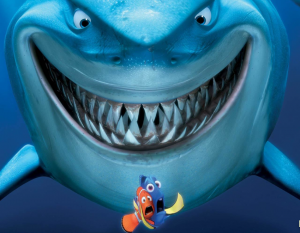 I want my life to change, therefore I must try to change it, and i must keep trying, no matter how many times I have failed in the past, no matter how many set backs I encounter in the future.
I want my life to change, therefore I must try to change it, and i must keep trying, no matter how many times I have failed in the past, no matter how many set backs I encounter in the future.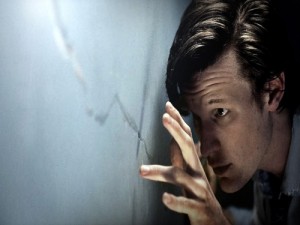 In all likelihood she simply moved on. However, being as I am of a certain mindset, I like to think that, for one instant, two points in space and time that should never have touched, pressed together, so that I might be granted The Great Epiphany I so desperately needed.
In all likelihood she simply moved on. However, being as I am of a certain mindset, I like to think that, for one instant, two points in space and time that should never have touched, pressed together, so that I might be granted The Great Epiphany I so desperately needed.
